The Environmental Impact of Different Types of Fans
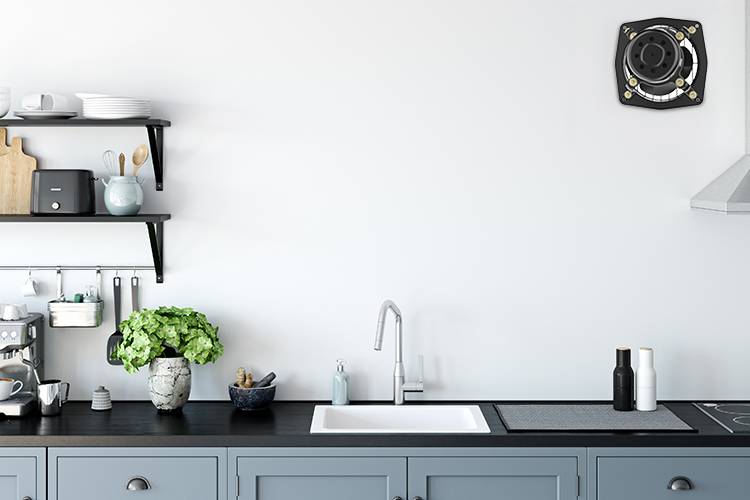
Staying cool during the summer months is a priority for most of us. But with rising concerns about climate change, it's important to consider the environmental impact of our cooling solutions. While air conditioning might seem like the ultimate escape from the heat, it can come at a significant energy cost. Thankfully, there are a variety of fans, like table fans, utility fans, exhaust fans, and ventilator fans, that can provide effective cooling with a much smaller environmental footprint.
Understanding the Environmental Impact of Fans
The environmental impact of a fan depends on two key factors:
- Energy Consumption: The amount of electricity a fan uses directly affects its environmental impact. Fans that are energy-efficient, like those featuring Byzero's BLDC motors, use less electricity and contribute less to greenhouse gas emissions.
- Reduced Reliance on Air Conditioning: By strategically using fans to circulate air and create a windchill effect, you can raise your air conditioning thermostat a few degrees. This seemingly small adjustment can significantly reduce your energy consumption and overall environmental impact.
Exploring Different Fan Options
Now that we understand the impact of fans, let's delve into some popular types and their environmental benefits:
- Table Fan: Compact and energy-efficient, table fans are a great personal cooling solution. Look for models with adjustable speeds and oscillation features to maximize airflow and minimize energy use. We offer a variety of table fans designed for both functionality and energy efficiency.
- Utility Fans: These versatile fans, like some of our models, can be used as table fans or mounted on walls or ceilings. Their powerful airflow can cool down larger areas efficiently, often replacing the need for air conditioning in smaller spaces.
- Exhaust Fans: Essential for kitchens and bathrooms, exhaust fans remove moisture, smoke, and odors from the air. By preventing mold and mildew growth, they contribute to a healthier environment. Additionally, some exhaust fans come with humidity sensors which automatically activate when needed, further reducing energy consumption. We offer a range of exhaust fans designed for optimal performance with minimal energy use.
- Ventilator Fans: Designed for whole-house ventilation, ventilator fans help remove stale air and bring in fresh air. This can improve indoor air quality, reduce reliance on air conditioning, and create a more comfortable living environment. We offer high-efficiency ventilator fans that effectively improve air quality without sacrificing energy savings.
Making Smart Choices for a Cooler Planet
By choosing the right type of fan and using it strategically, you can significantly reduce your reliance on air conditioning and its associated environmental impact. Here are some additional tips for eco-friendly cooling:
- Maximize Natural Ventilation: Open windows and doors whenever possible to take advantage of cool breezes.
- Maintain Your Fans: Regularly cleaning your fans ensures optimal airflow and reduces energy consumption.
- Upgrade to Energy-Efficient Models: When replacing old fans, consider our selection of energy-efficient models featuring BLDC motors and other eco-friendly features.
Keeping Cool Doesn't Have to Heat Up the Planet
By making informed choices about fans, you can create a comfortable and healthy environment for yourself and your family, all while minimizing your environmental impact. Explore our wide variety of table fans, utility fans, exhaust fans, and ventilator fans, and find the perfect eco-friendly solution to keep you cool all summer long.
For more insights into whole-house fans and their benefits, check out The Ultimate Guide to Whole House Fans. Remember, a little planning and the right fan can go a long way in creating a cooler planet, one cool breeze at a time.
Frequently Asked Questions (FAQs) :
-
How do fans compare to air conditioning in terms of environmental impact?
Fans generally have a lower environmental impact than air conditioning. While air conditioning systems consume a significant amount of electricity and contribute to greenhouse gas emissions, fans use less energy and can help reduce the need for air conditioning by creating a cooling breeze. Choosing energy-efficient fans can further minimize environmental impact.
-
What makes a fan environmentally friendly?
Key factors that contribute to an environmentally friendly fan include:
- Energy Consumption: Fans with energy-efficient features, such as BLDC motors, use less electricity and reduce greenhouse gas emissions.
- Reduced Reliance on Air Conditioning: Using fans strategically can allow you to set your air conditioning thermostat higher, reducing overall energy consumption.
-
How do BLDC motors contribute to energy efficiency in fans?
BLDC (Brushless DC) motors are known for their energy efficiency and quiet operation. They use less electricity compared to traditional AC motors, leading to lower energy consumption and reduced environmental impact. Additionally, BLDC motors often have a longer lifespan, which reduces waste and the need for replacements.
- What are the benefits of using table fans and utility fans for eco-friendly cooling?
- Table Fans: Compact and energy-efficient, table fans are ideal for personal cooling and often feature adjustable speeds and oscillation to maximize airflow with minimal energy use.
- Utility Fans: Versatile and powerful, utility fans can cool larger areas efficiently and replace the need for air conditioning in smaller spaces, making them a practical choice for reducing overall energy consumption.
-
How can exhaust fans contribute to a healthier and more eco-friendly environment?
Exhaust Fans help remove moisture, smoke, and odors from the air, preventing mold and mildew growth. Some models include humidity sensors that activate the fan only when needed, which reduces energy consumption. By improving air quality and reducing the need for excessive air conditioning, exhaust fans contribute to a healthier and more eco-friendly environment.
- What are some tips for maximizing the environmental benefits of my fans?
- Maximize Natural Ventilation: Open windows and doors to create a natural cross-breeze and reduce the need for fans and air conditioning.
- Maintain Your Fans: Regular cleaning ensures optimal airflow and efficiency, reducing overall energy consumption.
- Upgrade to Energy-Efficient Models: When replacing old fans, choose energy-efficient models with BLDC motors and other eco-friendly features to further reduce your environmental impact.

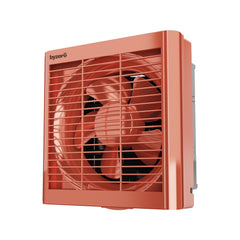
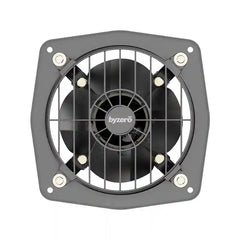
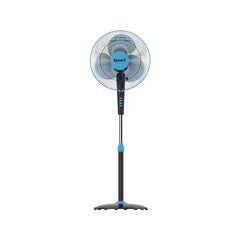
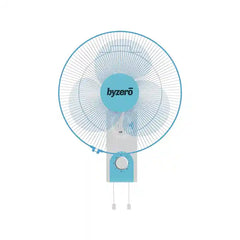
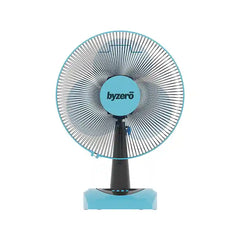
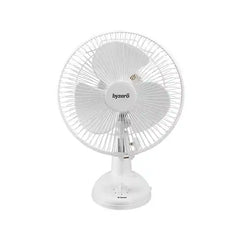




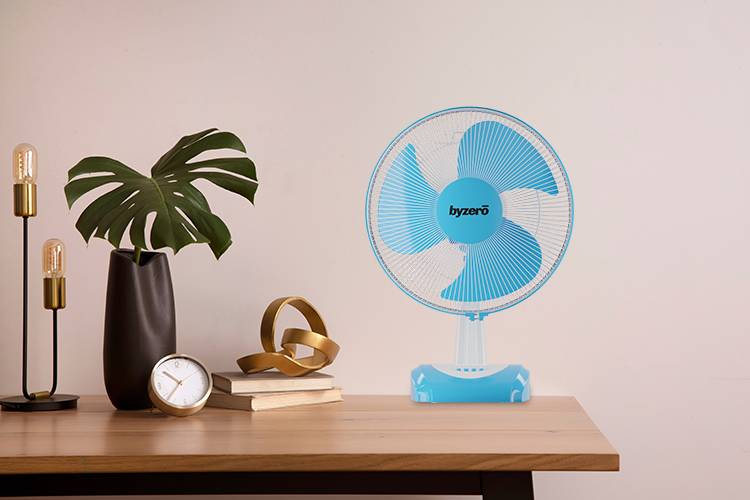

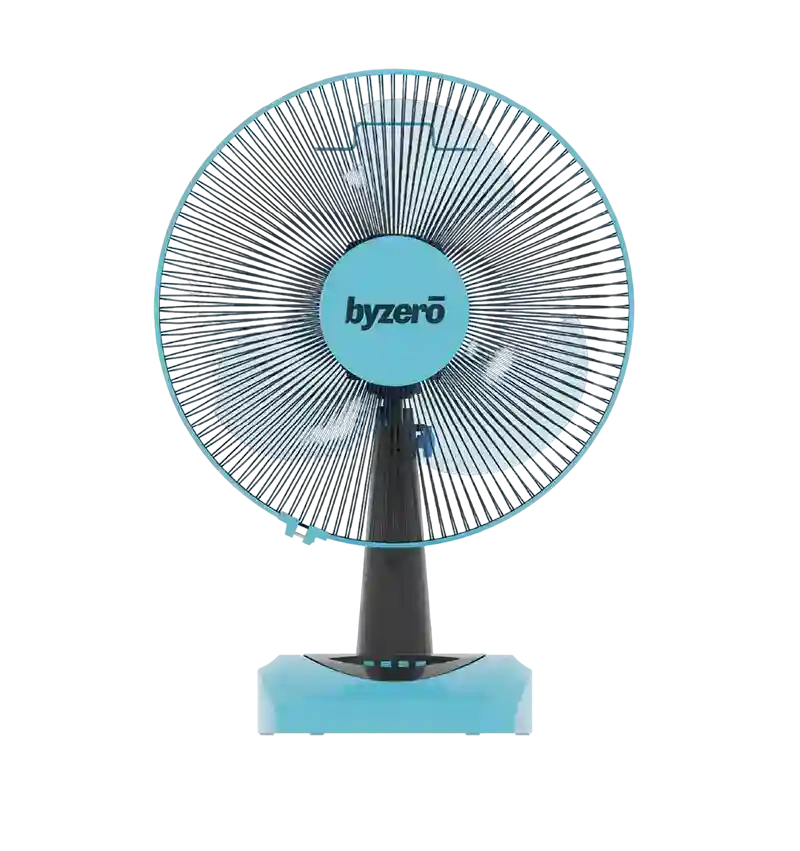
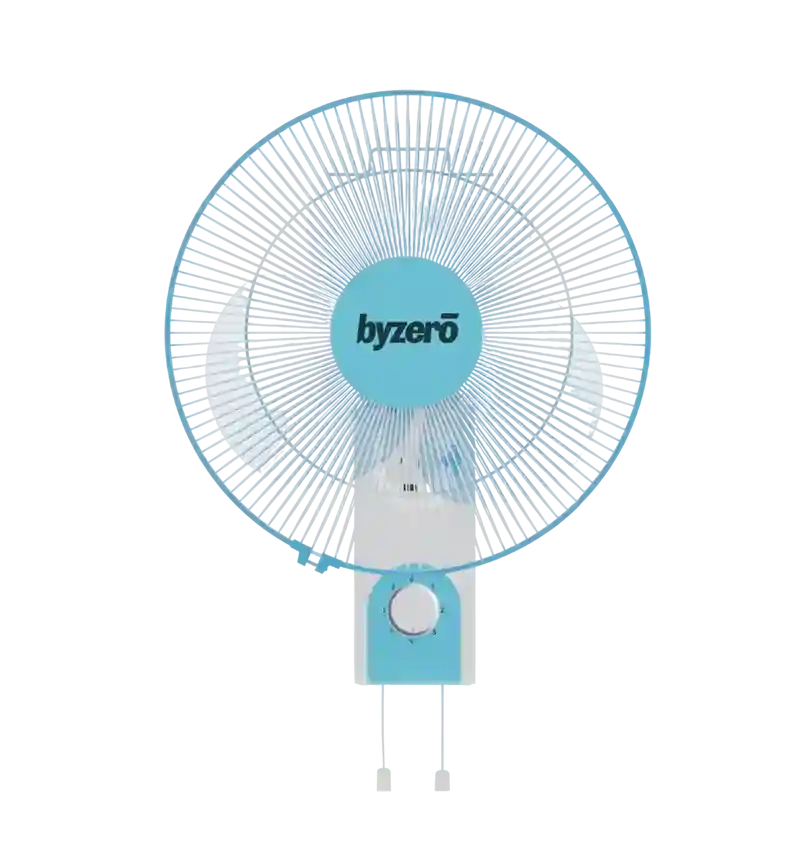
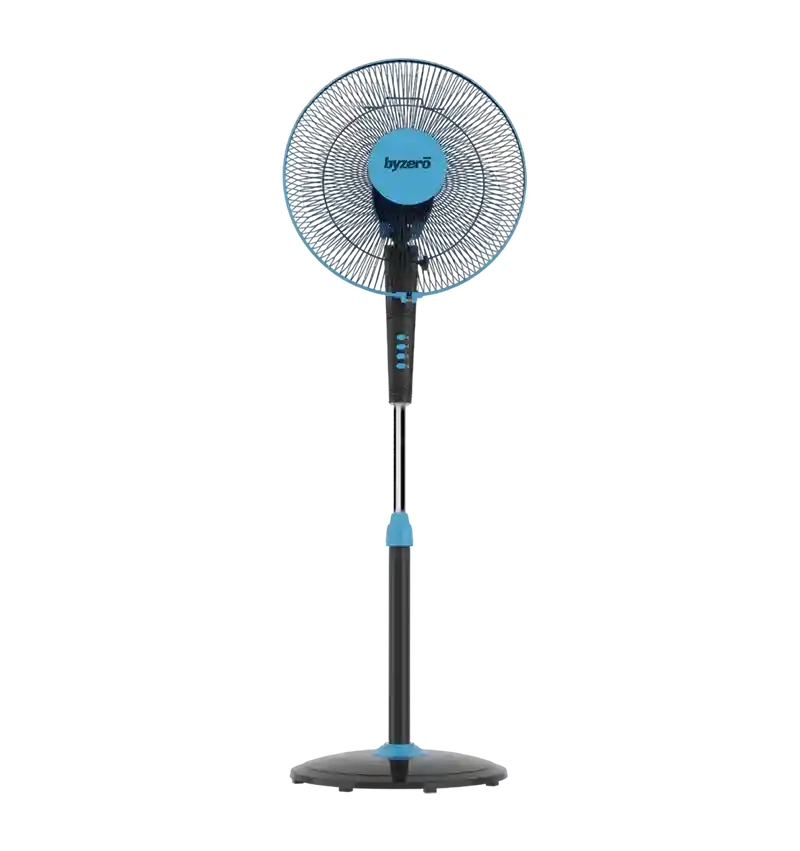
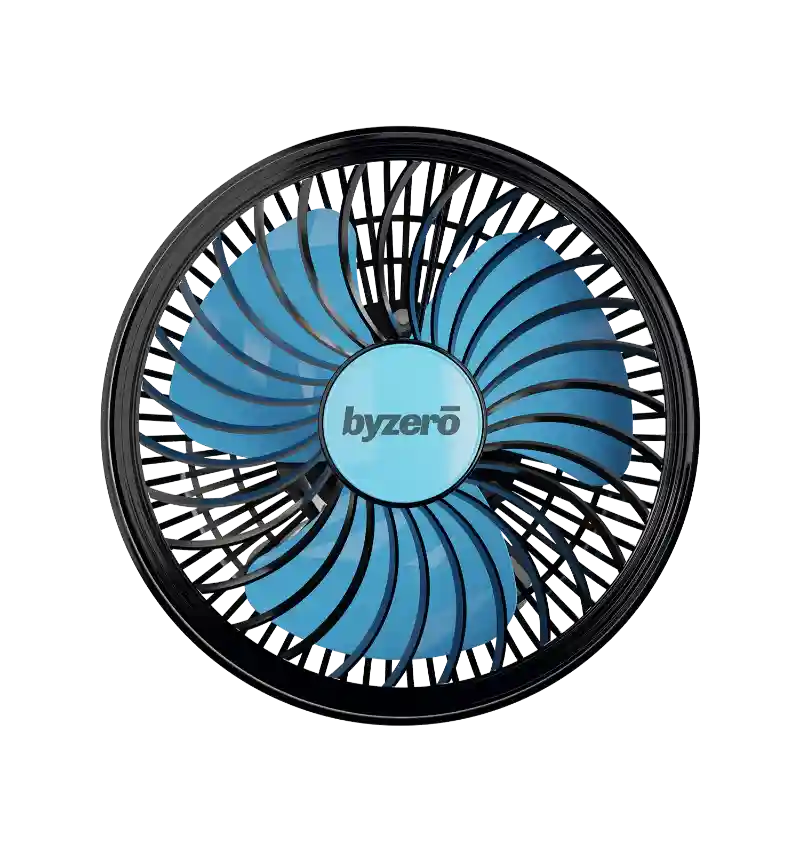
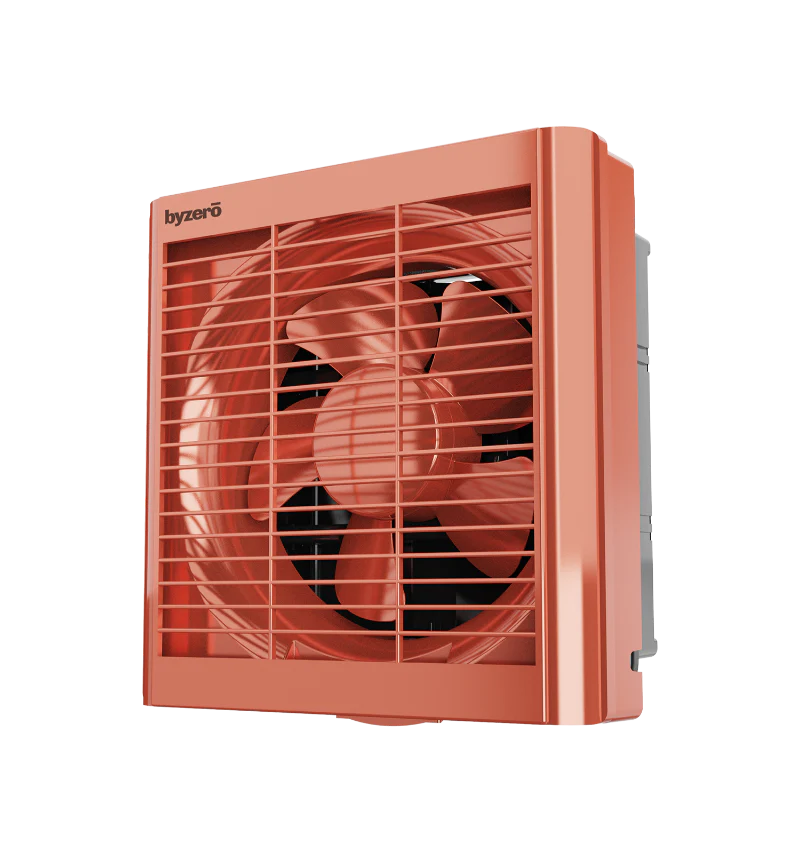



Leave a comment